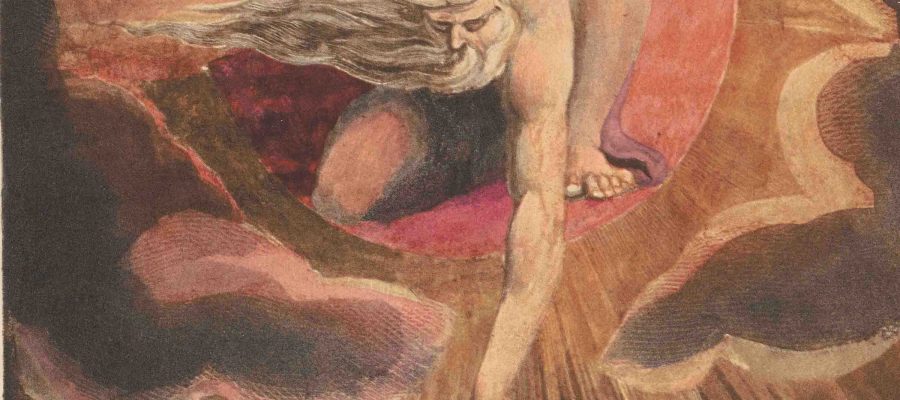Bulwer-Lytton’s novel The Coming Race deals interestingly with the concepts of a race that has transcended our own state of being. Regarding the descriptive part, the physical appearance of the Vril-ya has an angelic feel to it. The use of a biblical reference such as this angelic aesthetic greatly implies the Vril-ya’s superiority over humans. However, something that I can not avoid thinking about these Vril-ya and how the narrative fits into our discussion of the posthuman is that the race, or species, is not really human. They live, in a sense, alongside us and thus I would argue that they can not be seen as truly posthuman. We have not yet been superceded by them, reaching posthumanism in its simplest meaning, and we have not yet transcended ourselves, though the narrator does begin adopting their customs. What I think is the interesting thing about this is that some of the qualities we associate with posthumanism is externalised. This allows an introduction to both the positive and negative sides of such notions. The positive side of these notions, in my opinion, is the Vril-ya’s belief in the permanence of life. This leads back to some of what Herbrechter was getting at in his analysis of Lyotard; that a posthuman state of mind would recognize the human as merely a system of negentropic organisation, rather than the centre of world history as is the anthropocentric norm. The negative side of the posthuman notions are the risks of a tendency for eugenics, as the paradigm for normality may change with technological transcendence. In the story this is exemplified in the Vril-ya’s ability to manipulate and utilize Vril, an ability that is based solely on their hereditary condition, why Zee’s love for the narrator is forbidden.

Leave a Reply
1 Comment on "Posthumanism Externalised: Angelic Agents in The Coming Race"
You have a good point about the Vril-ya not really being enhanced humans and that they therefore cannot signify something posthuman. They seem more like aliens from another planet according to your perspective, and I kind of agree with that perspective. But would the posthuman not always seem alien to us “regular” beings? Is it not always foreign and inhuman because of the difference?